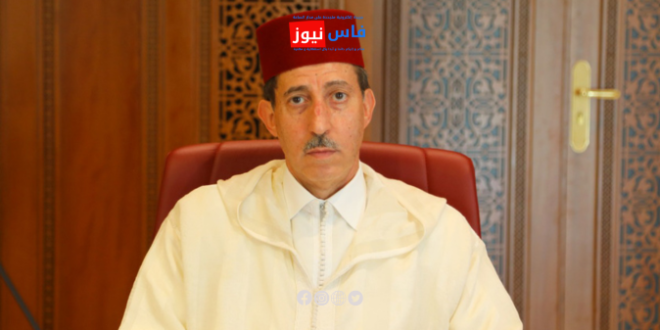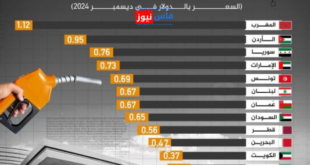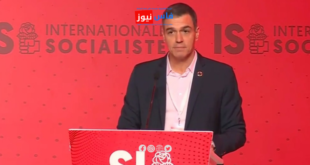The Attorney General of the Court of Cassation, Hassan Daki, has issued an important circular to public prosecutors across the Kingdom of Morocco, focusing on enhancing the implementation of alternative penalties in accordance with the new Law No. 43.22. This move is part of ongoing efforts to develop criminal policy and improve the performance of the justice system in Morocco.
In his circular, Daki emphasized the importance of utilizing the current transitional phase to thoroughly study the new law and prepare the necessary mechanisms for its optimal application. He stressed that alternative penalties represent a significant national project aimed at developing penal policy and alleviating pressure on overcrowded prisons.
Key directives included in the circular are:
- The need for effective coordination between the public prosecution, judicial bodies, and institutions responsible for implementing alternative penalties.
- Establishing special registers to accurately track and monitor the execution of alternative penalties.
- Encouraging members of the public prosecution to propose alternative penalties during trial sessions, taking into account the personal circumstances of the accused and the details of the cases when making requests.
- Limiting appeals against judgments involving alternative penalties, except in exceptional cases related to public security or protecting victims’ rights.
Regarding electronic monitoring as one of the alternative penalties, Daki clarified that the law stipulates deterrent punishments for convicted individuals who violate their obligations. He also emphasized the importance of conducting necessary medical examinations in cases that require them and stressed the need for prompt response to requests from judges overseeing penalty implementation to ensure effective execution.
These measures and directives aim to achieve a delicate balance between ensuring effective penalty enforcement and developing the criminal justice system in a way that serves the public interest and considers the rights of detainees. This approach reflects an advanced vision in criminal policy aimed at achieving restorative justice, rehabilitating convicts, and reintegrating them into society.
 فاس نيوز ميديا جريدة الكترونية جهوية تعنى بشؤون و أخبار جهة فاس مكناس – متجددة على مدار الساعة
فاس نيوز ميديا جريدة الكترونية جهوية تعنى بشؤون و أخبار جهة فاس مكناس – متجددة على مدار الساعة













